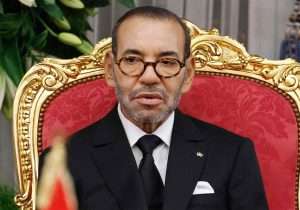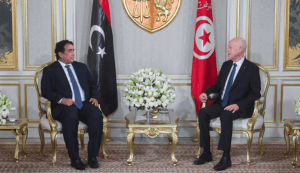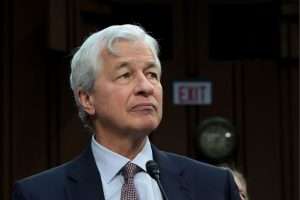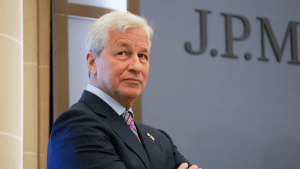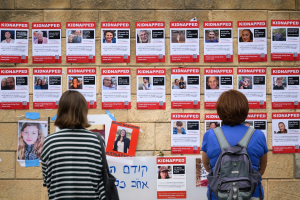Tunisia gets downgraded by ratings agency

Analysts’ worry about Tunisia’s outlook, the inability of its government to formulate a clear reform strategy and to ensure a national consensus over that strategy
Moody’s downgrading of Tunisia’s ratings added to concerns over Tunisia’s economic and financial prospects as the country struggles with a chronic budget deficit and reluctance of the IMF to approve a much-needed $1.9 loan package, reports Reuters.
Moody’s decided, on January 26th to downgrade the ratings of the government of Tunisia and its Central Bank to Caa2 from Caa1 and changed the outlook to “negative”. The Caa2 rating translates as “Speculative of poor standing and subject to very high credit risk”.
Tunisian economist Ezzeddine Saidane said that, “by this new downgrading Moody’s is warning donors, financial institutions, investors and even commercial companies supplying Tunisia against the risk of financial default of the country.”
“The negative perspective means that if we do not manage to recover very quickly and very strongly, we will be downgraded again. We would then be one foot in hell ! What would that mean? Quite simply, that we could no longer repay our debts, pay for our cereal products, our fuel, our medicines. The dinar would be devalued, and maybe more,” warned economic expert Radhi Meddeb.
“During this time, we continue to argue, to argue, to prevent the phosphate trains from circulating, the oil wells from producing, “ he bemoaned.
READ Tunisia: “We don’t want elections, we want cooking oil”
The ratings agency notes, among the factors that influenced its assessment, “the absence of comprehensive financing to date to meet the government’s large funding needs”.
The International Monetary Fund decided last December to postpone its approval of a Tunisian request for a $1.9 loan package which was supposed to open the doors for additional bilateral and multilateral loans, which for lack of the IMF support did not materialise.
Another reason for the analysts’ concern about Tunisia’s outlook is the inability of its government to formulate a clear reform strategy and to ensure a national consensus over that strategy.
“The delayed IMF Board-level Approval underscores the uncertainty surrounding the degree of consensus among stakeholders and social interest groups on the government’s reform agenda,” said Moody’s.
Major stakeholders include mainly the trade unions and the business federation. The main trade union (UGTT) has rejected the proposed austerity measures that included a cut in subsidies and public service expenditures, as well as “the restructuring” of state-owned companies.

“Recurring social tensions over the past decade against a backdrop of weak growth and employment creation, weakening governance and a fragmented political landscape have challenged successive governments’ capacity to implement economic reforms and address fiscal imbalances,” added Moody’s.
Tunisian analysts have expressed concern over the extra hurdle the kind of assessment put out by Moody’s would pose for the government’s drive to solicit loans from abroad.
Another worry that experts see is the growing difficulty they expect the authorities to face in guaranteeing essential purchases of energy and food stables along with meeting their debt commitments.
READ Sami Hamdi: Saied ramps up crackdown. But time is against him
The most immediate challenge for President Kais Saied and Prime Minister Najma Bouden is to fashion a clear reform programme and ensure foreign pledges of support in order to convince the IMF to approve the sought loan package.
A large part of the new Moody’s ranking is based on “the assessment of the political situation in the country” and in particular the incapacity of the authorities “to carry out the reforms necessary to get the country out of its crisis,” said Saidane.
Meddeb issued a wake up call to Tunisians. “Ideology kills us, dogmatism immobilises us. It is time to unfetter energies, to give everyone a chance, to remove the obstacles to renewable energy projects, to make life easier for those who undertake and take investment risks.”
He added: “Our salvation will come neither from international organisations nor from so-called brotherly and friendly nations. Only a national leap towards responsibility, inclusion and solidarity could put us on the road to recovery.”
Want to chase the pulse of North Africa?
Subscribe to receive our FREE weekly PDF magazine





